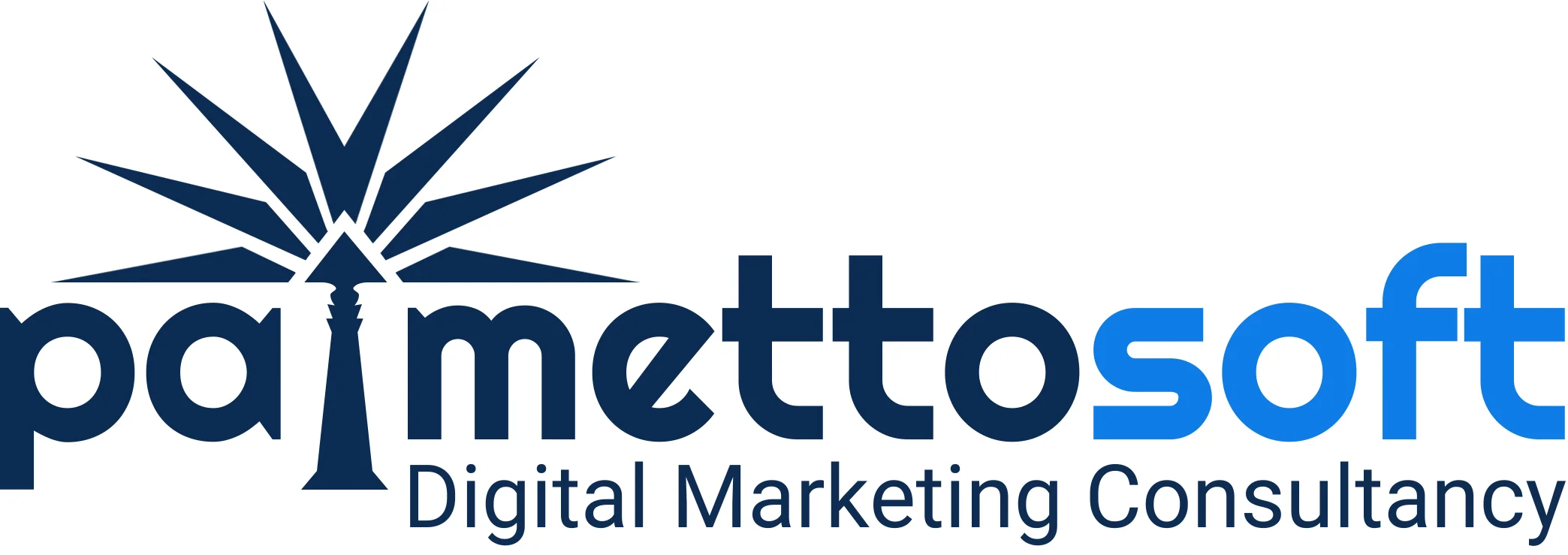Citation building is a crucial aspect of local SEO that can significantly impact your business’s online visibility and search engine rankings. Citations, which are mentions of your business’s name, address, and phone number (NAP) on other websites, help search engines verify the accuracy and legitimacy of your business information. This, in turn, improves your chances of appearing in local search results, particularly in Google’s Local Pack.
In this blog post, we’ll explore what citation building entails, why it’s important for local SEO, and how to effectively build and manage citations to boost your business’s online presence.
What is Citation Building?
Citation building involves creating and managing online references to your business’s NAP information across various platforms, such as online directories, review sites, and social media channels. These citations are used by search engines to validate your business’s existence, location, and contact details, which can influence how your business ranks in local search results.
Citations can be categorized into two main types:
- Structured Citations: These are citations that appear on business listing directories such as Google Business Profile, Yelp, Bing Places, and Yellow Pages. They typically follow a consistent format, displaying your NAP information alongside other business details.
- Unstructured Citations: These are mentions of your business’s NAP information on websites that are not primarily business directories. This could include blog posts, news articles, or social media mentions.
Why is Citation Building Important for Local SEO?
In SEO process, citation building is vital for local SEO for several reasons:
1. Improves Local Search Visibility
Citations play a significant role in local search algorithms. When your business is consistently mentioned across various reputable websites, search engines view this as a signal of your business’s credibility and relevance in the local area. This increases your chances of appearing in local search results and Google’s Local Pack, which can drive more traffic to your website and physical location.
2. Enhances Trust and Authority
Consistency in your NAP information across the web is key to building trust with both search engines and potential customers. Inconsistent or incorrect citations can confuse search engines and lead to lower rankings. On the other hand, accurate and consistent citations help establish your business as a legitimate and trustworthy entity, boosting your online authority.
3. Increases Website Traffic and Conversions
When your business is listed in relevant directories and mentioned on high-authority websites, you increase your chances of being found by potential customers. These citations can drive targeted traffic to your website, leading to higher conversion rates and more business opportunities.
4. Supports Link Building Efforts
Many citation sites allow you to include a link back to your website, which can help improve your site’s domain authority and overall SEO. While not all citations will include a follow link, the cumulative effect of multiple citations can still enhance your link-building strategy.
5. Helps Manage Your Online Reputation
Citation building often involves managing your business’s presence on review sites, where customers can leave feedback about their experiences. By actively monitoring and responding to reviews, you can improve your business’s reputation and build stronger relationships with customers.
How to Build and Manage Citations Effectively
Building and managing citations requires a strategic approach to ensure accuracy, consistency, and relevance. Here’s how to do it:
1. Start with a Comprehensive Audit
Before you begin building new citations, it’s important to conduct a thorough audit of your existing citations. This involves checking where your business is currently listed, verifying the accuracy of your NAP information, and identifying any inconsistencies or duplicates that need to be addressed.
- Best Practices: Use tools like Moz Local, BrightLocal, or Yext to audit your citations. These tools can help you identify existing listings, monitor changes, and ensure your NAP information is consistent across the web.
2. Claim and Optimize Your Google My Business Listing
Your Google Business Profile (GBP) listing is arguably the most important citation for local SEO. Ensuring your GBP profile is complete and optimized can significantly impact your local search visibility.
- Best Practices: Make sure your GBP listing includes accurate NAP information, business hours, categories, and a compelling business description. Regularly update your listing with new photos, posts, and reviews to keep it active and engaging.
3. Submit Your Business to Relevant Directories
Once you’ve audited your existing citations and optimized your GMB listing, the next step is to submit your business to relevant online directories. Focus on high-authority directories that are relevant to your industry and location.
- Best Practices: Ensure your NAP information is consistent across all directories. Include additional details such as your website URL, business hours, and a brief description of your services. Avoid submitting your business to low-quality directories, as this can harm your SEO efforts.
4. Leverage Industry-Specific and Local Directories
In addition to general business directories, it’s important to get listed in industry-specific and local directories. These citations are particularly valuable because they are highly relevant to your target audience.
- Best Practices: Research and identify directories that are specific to your industry and local area. For example, if you’re a restaurant, getting listed on directories like Zomato or TripAdvisor can be highly beneficial. Similarly, local chamber of commerce websites or community directories can help you reach a local audience.
5. Monitor and Update Citations Regularly
Citation management is an ongoing process. It’s crucial to regularly monitor your citations to ensure that your NAP information remains accurate and consistent, especially if your business details change.
- Best Practices: Set up alerts to notify you of any changes to your citations. Regularly review and update your listings, especially if you move to a new location, change your phone number, or rebrand your business.
6. Encourage and Manage Customer Reviews
Customer reviews are an important aspect of citation building, as they can influence your business’s reputation and local search rankings. Actively encouraging satisfied customers to leave positive reviews on your GBP listing and other review sites can enhance your online presence.
- Best Practices: Implement a review management strategy that includes responding to both positive and negative reviews. Thank customers for their feedback and address any concerns they may have. This not only helps build trust but also encourages more customers to leave reviews.
7. Use Citation Building Tools
Managing citations manually can be time-consuming, especially if you have multiple locations or a large number of citations to manage. Using citation building tools like Moz Local, BrightLocal Citation Builder, or Whitespark can help streamline the process and ensure that your information is consistent across all platforms.
- Best Practices: Consider using the above-mentioned tools to automate citation building and management. These tools can help you find new citation opportunities, monitor your existing citations, and ensure your NAP information is consistent across the web.
Conclusion
Citation building is a fundamental aspect of local SEO that can significantly impact your business’s visibility in local search results. By creating and managing accurate and consistent citations across the web, you can improve your search engine rankings, drive more targeted traffic to your website, and build a stronger online presence.
Remember, effective citation building requires a strategic approach that includes auditing existing citations, optimizing your GBP listing, submitting your business to relevant directories, and regularly monitoring and updating your information. By following these best practices, you can leverage citation building as a powerful tool in your local SEO strategy, helping your business stand out in the competitive local search landscape.
Related Posts:
SEO Process: Mastering Keyword Analysis for Effective Search Engine Optimization
SEO Process: Conducting a Comprehensive Website Audit for Optimal Performance
SEO Process: Mastering Landing Page Optimization for Enhanced Conversions
SEO Process: The Power of Blog Integration for Boosting Your Online Presence
SEO Process: Mastering Meta Elements for Improved Search Engine Visibility
SEO Process: The Power of Blog Posting for SEO Success
SEO Process: The Strategic Art of Link Building for Improved Rankings
SEO Process: Mastering Google Business Profile Optimization for Local SEO Success
SEO Process: The Importance of Reporting in Your SEO Strategy









